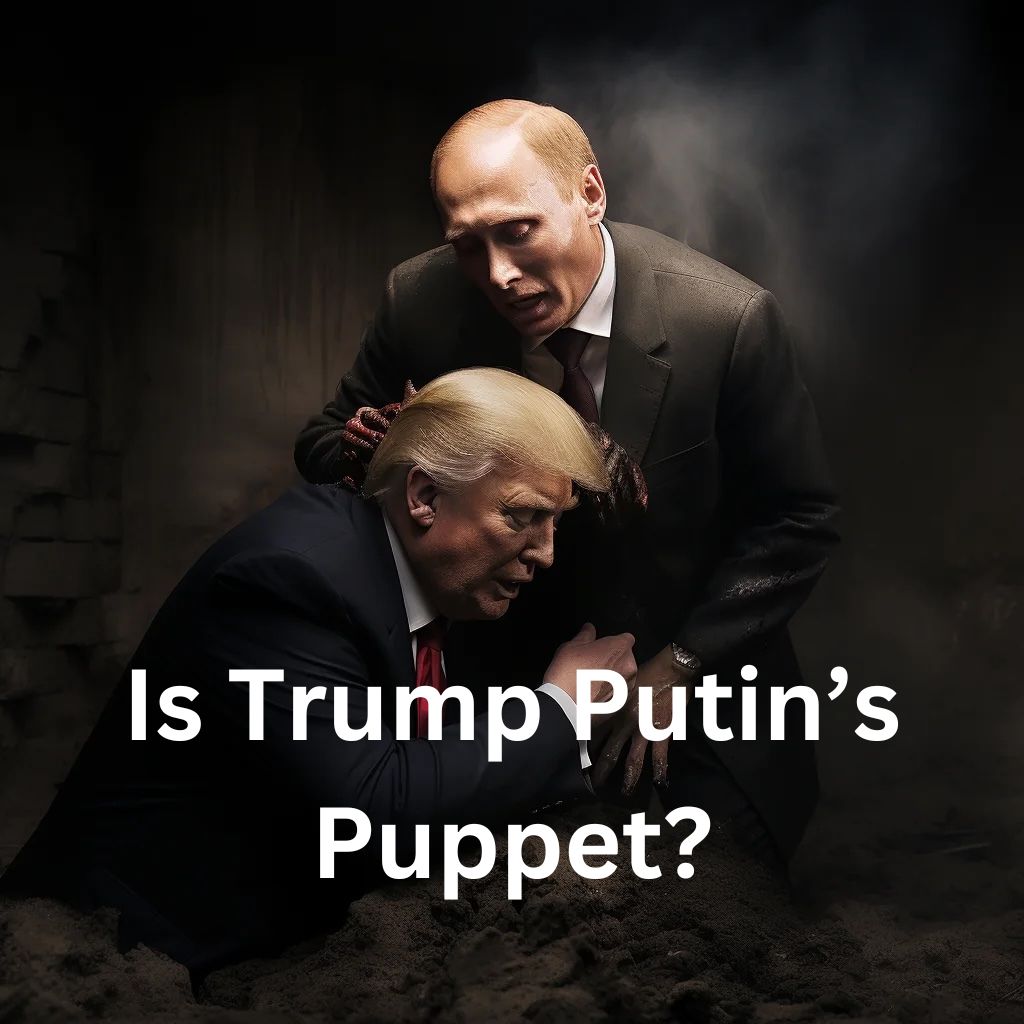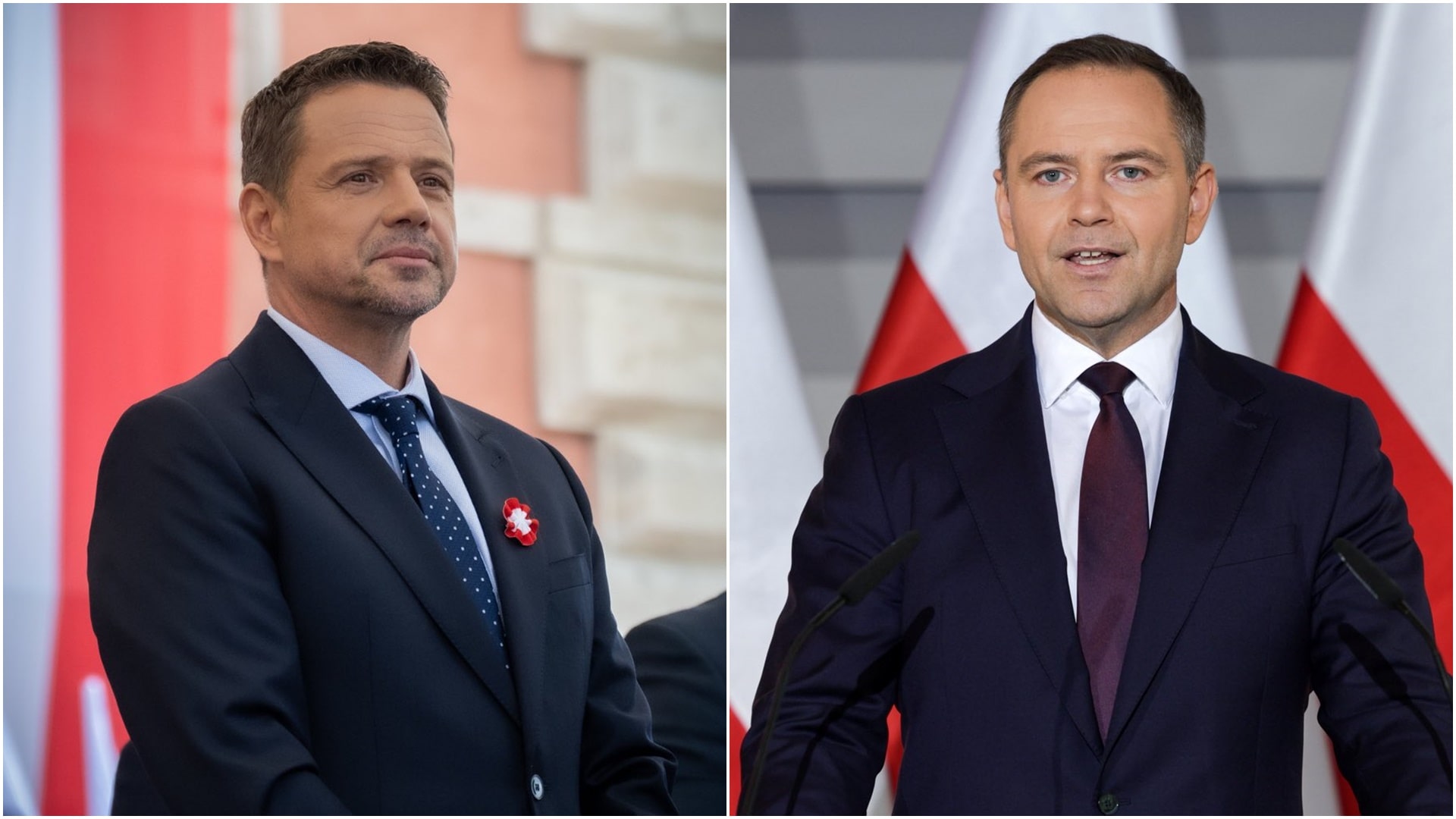The intricate relationship between Russian President Vladimir Putin and former U.S. President Donald Trump has been a subject of extensive analysis and debate. Allegations suggest that Putin may have adeptly manipulated Trump, positioning him as a tool to advance Russia’s strategic interests. This report delves into the dynamics of their interactions, examining evidence and perspectives that support the notion of Trump as a puppet influenced by Russian machinations.
Historical Context: Early Interactions and Allegations
The foundation of the Putin-Trump relationship traces back to the 2016 U.S. presidential election. Reports indicate that Putin personally authorized operations to bolster Trump’s candidacy, viewing him as a favorable asset for Russian objectives. Declassified Kremlin documents from 2021 suggest a concerted effort to support a “mentally unstable” Trump, aiming to sow discord within the United States and weaken its global standing.
Throughout Trump’s tenure, numerous instances raised questions about his susceptibility to Russian influence. Former National Security Adviser H.R. McMaster, in his memoir, asserts that Putin skillfully exploited Trump’s ego and insecurities, effectively manipulating him to serve Kremlin interests. This manipulation allegedly manifested in policy decisions that conspicuously aligned with Russian geopolitical goals.
Policy Decisions Favoring Russian Interests
Several of Trump’s policy stances have been scrutinized for their potential alignment with Russian interests:
- NATO Relations: Trump’s ambivalence toward NATO, including threats to withdraw from the alliance, undermined the collective security framework that counters Russian aggression in Europe.
- Ukraine Conflict: Efforts to withhold military aid to Ukraine, a nation resisting Russian incursions, raised concerns about Trump’s commitment to countering Russian expansionism.
- Sanctions on Russia: Trump exhibited reluctance in enforcing sanctions against Russia, despite legislative mandates and evidence of malign activities by the Kremlin.
These actions prompted bipartisan apprehension, with critics suggesting that Trump’s policies inadvertently, or perhaps deliberately, advanced Russian strategic interests.
Perceptions of Manipulation and Control
Analysts and intelligence officials have posited that Putin’s influence over Trump may stem from various factors:
- Kompromat: Speculation persists that Russia possesses compromising information on Trump, potentially rendering him susceptible to coercion. While concrete evidence remains elusive, the mere possibility has fueled discussions about his motivations.
- Psychological Manipulation: Putin’s adeptness at flattery and psychological tactics may have endeared him to Trump, fostering a rapport that Putin could exploit to Russia’s advantage.
Former intelligence officials have described Trump as an “unwitting agent” or “useful idiot,” suggesting that, regardless of intent, his actions frequently benefited Russian objectives.
Counterarguments and Alternative Perspectives
Despite prevailing narratives, some experts caution against oversimplifying the Putin-Trump dynamic:
- Lack of Direct Evidence: Investigations, including the Mueller Report, did not conclusively establish collusion between Trump’s campaign and Russian operatives.
- Policy Actions Contrary to Russian Interests: Trump authorized lethal aid to Ukraine and imposed certain sanctions on Russia, actions that ostensibly contradict the puppet narrative.
These nuances suggest a complex relationship that may not be entirely attributable to manipulation or control.
Conclusion
The discourse surrounding Vladimir Putin’s potential manipulation of Donald Trump encompasses a spectrum of interpretations, ranging from deliberate puppetry to coincidental alignment of interests. While certain actions and policies during Trump’s administration appear to have favored Russian objectives, definitive evidence of intentional subservience remains inconclusive. The intricate interplay of personal dynamics, geopolitical strategies, and national interests continues to fuel this multifaceted debate.





